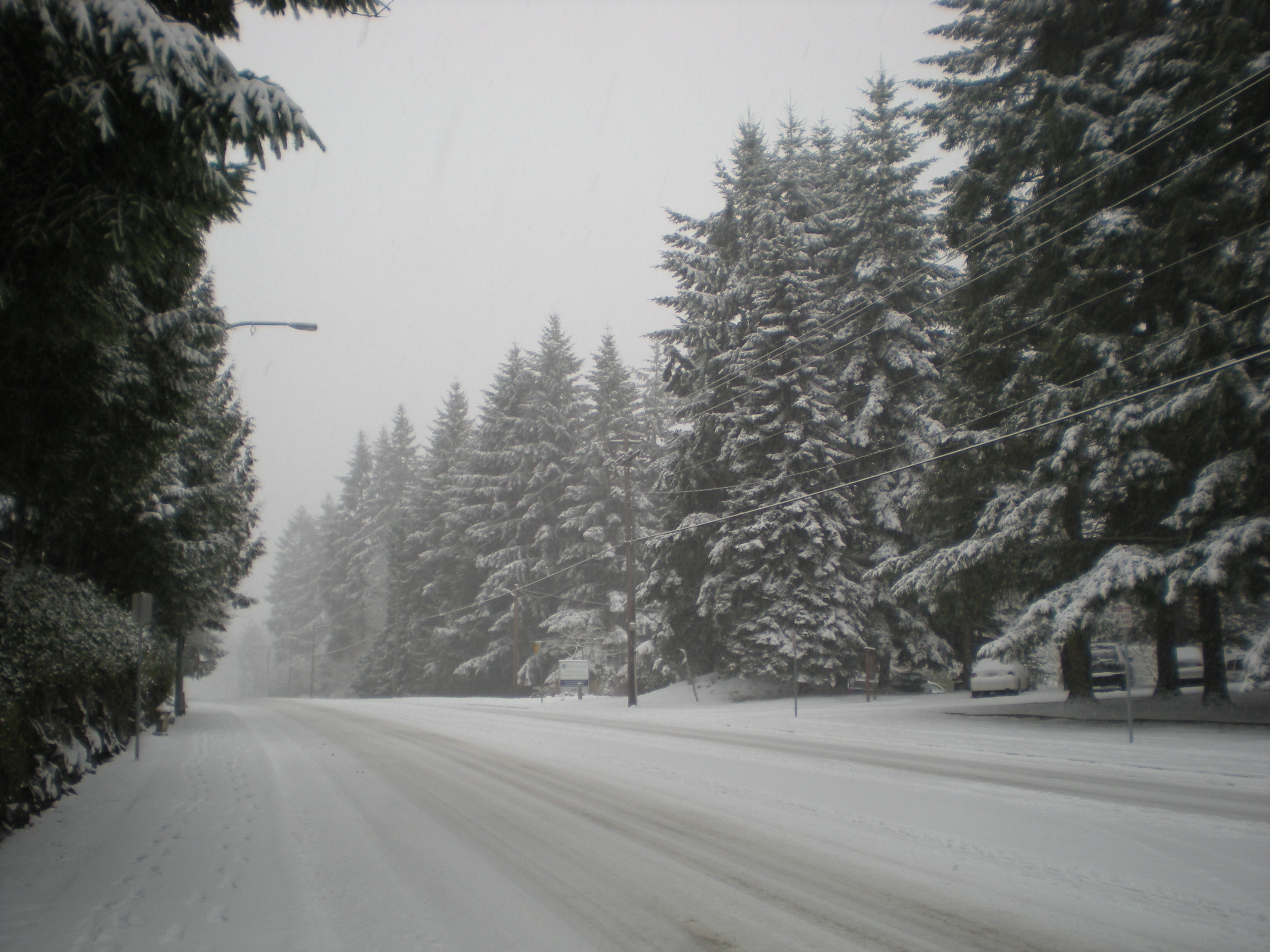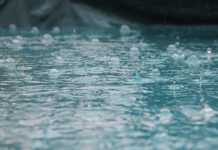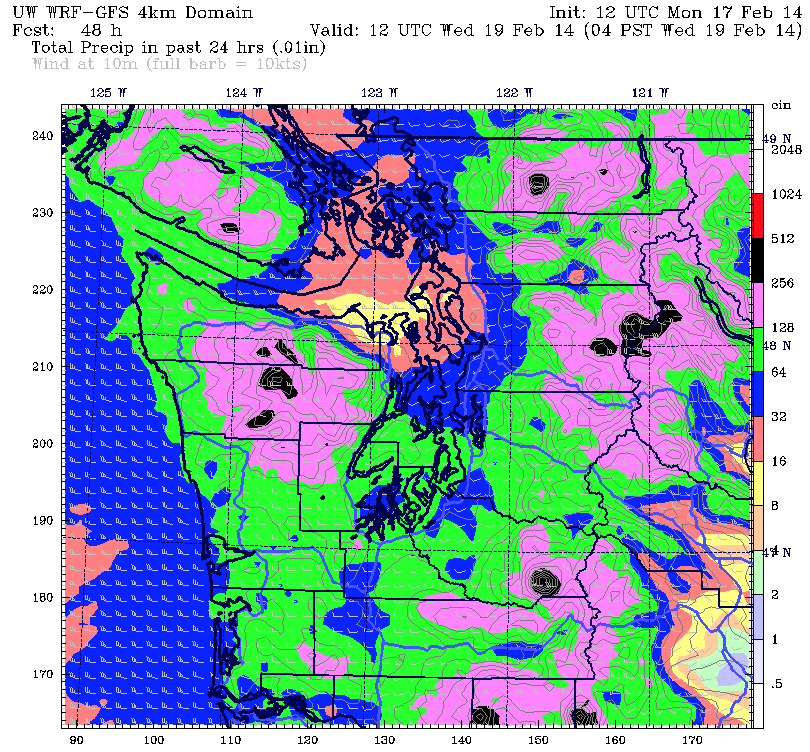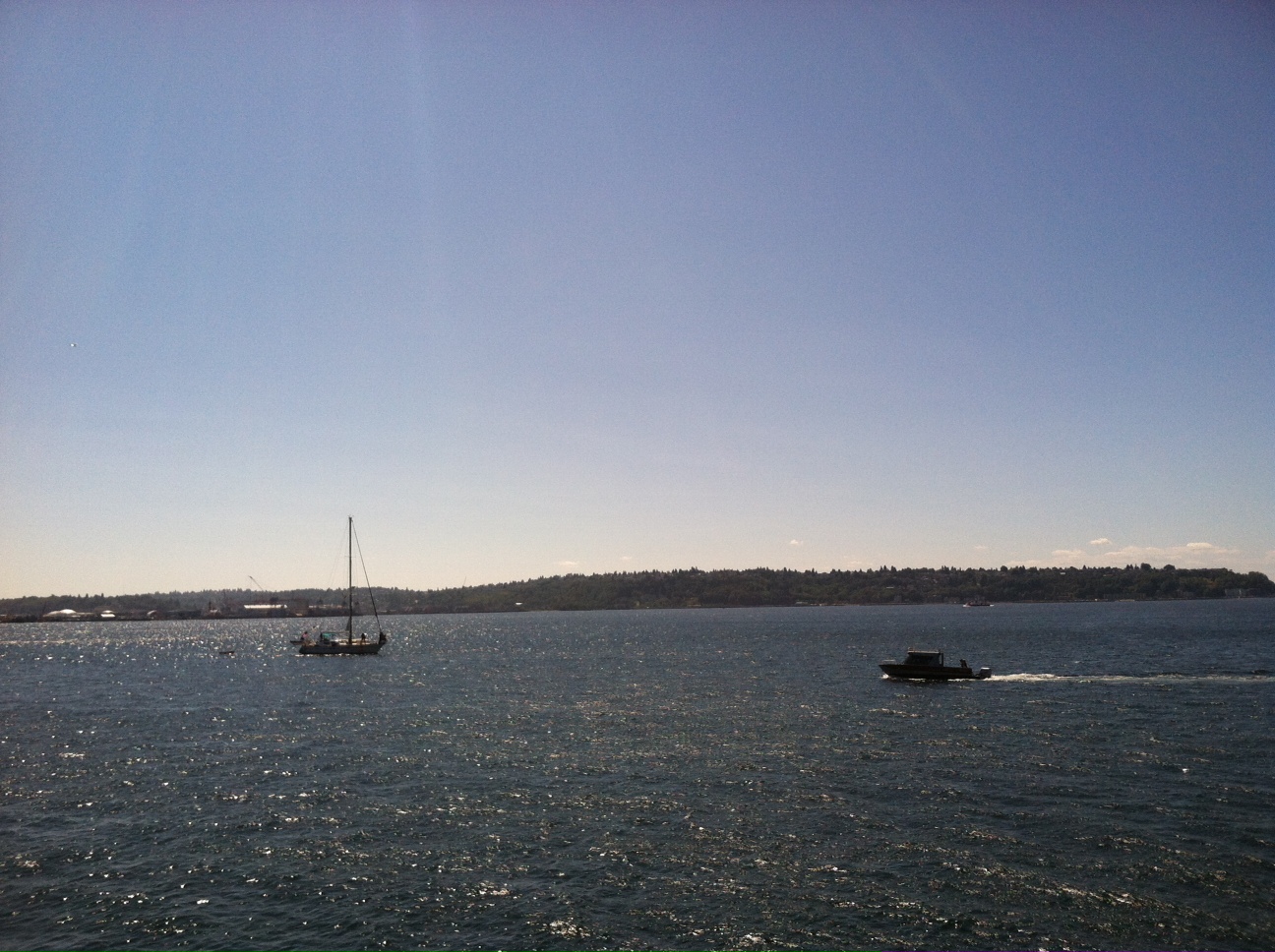It’s our turn to get picked on.
Typically, the Puget Sound Convergence Zone—which brings persistent precipitation to a narrow swath of land—affects the Everett area, bypassing Seattle and most of its suburbs. Every now and then, however, the Convergence Zone forms further to the south, placing the Seattle area directly in its crosshairs. Such will be the case over the next 36 hours.
The bullying will begin in earnest later this evening, as a strong Zone forms in the wake of the frontal system that moved through Western Washington earlier in the day. Steady rain—a couple notches heavier than what we saw this morning—is likely from about 8 p.m. onwards, especially in Seattle and points east.

The Zone will continue through the overnight hours, before fizzling out around daybreak. After a brief break, it’s likely to re-form by early afternoon, parking itself over the Seattle area yet again. Current models indicate that Friday’s Convergence Zone, while perhaps not as strong as tonight’s, will stick around for quite some time—possibly plaguing the metro area until early Saturday morning. By the time the Zone lets up, many of us will have seen upwards of a half-inch of rain.
Once the moisture is out of here, we’ll kick off a warming trend (through tomorrow, temperatures will remain in the low to mid 50s—noticeably cooler than our average early May high of 62). The mercury should rise into the upper 50s on Saturday, and into the mid 60s by Sunday, as a ridge of high pressure builds off the coast. The warmer temperatures will also be accompanied by clearer skies—while Saturday will start off rather cloudy, mostly sunny conditions will prevail by Sunday.
At the moment, Monday and Tuesday look warm and sunny as well, with temperatures closing in on 70 degrees from Seattle south. More stormy weather returns for Wednesday, but at least by then, we’ll have been picked on by something other than rain.






